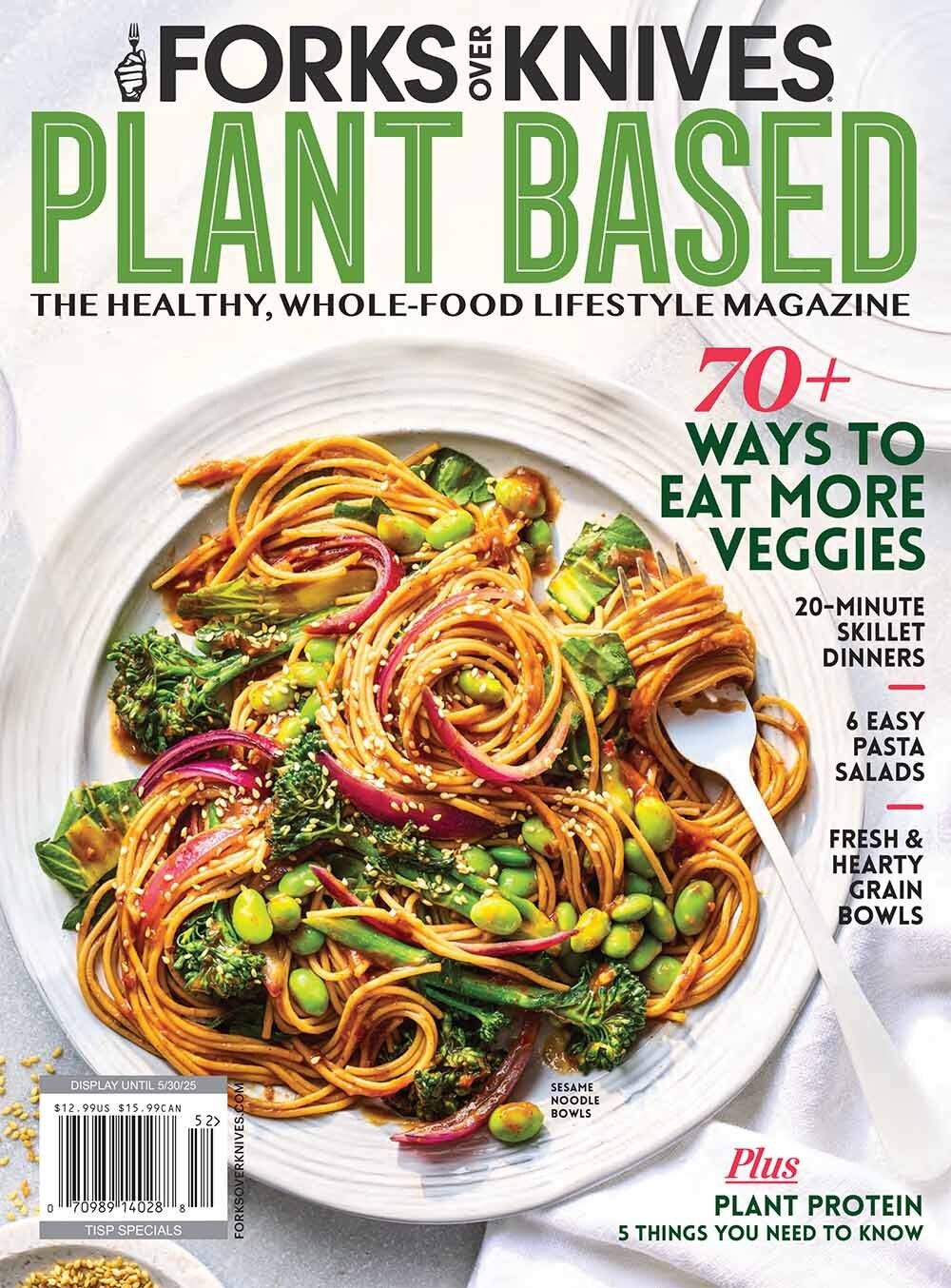
After a Heart Attack and Bypass at 40, This Doctor Changed His Lifestyle and Reversed His Heart Disease
By Rajiv Misquitta, MD,
Six years ago on my way to work at the hospital, I experienced crushing chest pain and shortness of breath. I'm a doctor, and feel lucky that I was able to stumble into the Emergency Room at my hospital before passing out. I was told I had experienced a heart attack, and two stents were placed in my main coronary artery. This terrified me as I was only 40 years old at the time, and my two sons were just toddlers.
I made all the changes my doctors recommended, cut out all meat except fish from my diet, and changed my lifestyle to include regular exercise. (At that time the American Heart Association recommended a diet comprised of less than 30 percent of calories from fat.) A few months later, I again began to experience chest pain while working out at the gym. I was rushed to the hospital where I subsequently underwent 5 (quintuple) bypass surgery. I had made the transition from a physician to a patient and felt helpless in the grip of this terrifying disease.



The Spring 2025 magazine is here!
Our gorgeous “bookazine” features over 80 fresh and tasty recipes.
Post Bypass, Making Lifestyle and Diet Changes
After the surgery, I reviewed the medical literature to gain some extra understanding of—and hopefully control over—my heart condition. The best drugs (statins) and surgical procedures seem to, at best, delay the progression of heart disease, the leading cause of death in the United States. To me, this was not acceptable. Soon after my surgery, I stumbled upon peer-reviewed research published by Drs. Dean Ornish and Caldwell Esselstyn, which showed that intensive lifestyle changes may halt and even reverse heart disease.[i][ii]
When I looked at epidemiological studies, there was a correlation between heart disease mortality and consumption of animal protein. I also read The China Study by Dr. T. Colin Campbell and learned that populations consuming more animal protein had a higher prevalence of chronic diseases like heart disease and cancer.[iii]
I made a drastic change to my diet by following the recommendations of Dean Ornish, MD and Caldwell Esselstyn, MD. I gave up animal products, nuts, and added fat, and switched to a low-fat, whole-food, plant-based diet. I also researched stress management and found the mental and physical training of both yoga and tai chi to be helpful. I even became a yoga instructor and personal trainer in an effort to learn more about stress relief and exercise. I lost twenty-five pounds following this lifestyle change, and my LDL cholesterol went from 130 to 58. I also feel more energetic, happy, and healthy overall.
Inspiring Others
Post heart attack, I looked around and became concerned (professionally and personally) with the current state of our national health. Seventy percent of Americans are overweight or obese and about half of all adults in the country suffer from chronic illnesses.
My job as a doctor is not just to treat illness and sickness, but to also help my patients prevent it. After my own experience using better nutrition to cure my heart condition, I started to talk to my patients about it. I have made it my mission to help others make positive changes in their lifestyle.
View Sources:
[i] Ornish D., Scherwitz L.W., Billings J. et al., “Intensive Lifestyle Changes for Reversal of Coronary Heart Disease.” Journal of the American Medical Association vol. 280, no. 23 (1998): 2001–2008.
[ii] Esselstyn C.B., Ellis S.G., Medendorp S.V. et al., “A Strategy to Arrest and Reverse Coronary Artery Disease: A 5-Year Longitudinal Study of a Single Physician’s Practice.” The Journal of Family Practice vol. 41, no. 6 (1995): 560–568.
[iii] Campbell T.C., Campbell T.M., Lyman H. et al., The China Study (Texas: Benella Books, 2006).
[iv] Ford E.S., Bergmann M.M. et al. “Healthy living is the best revenge: Findings from the European Prospective Investigation into Cancer and Nutrition-Potsdam study.” Archives of Internal Medicine. Vol. 169, no.15 (2009): 1355-62
[v] David Pimentel and Marcia Pimentel “Sustainability of meat-based and plant-based diets and the environment.” The American Journal of Clinical Nutrition vol. 78 (September 2003): 660S–663S.
[vi] Tom Aldridge and Herb Schlubach, “Water Requirements for Food Production,” Soil and Water 38 (Fall 1978)
Has a whole-food, plant-based diet impacted your life?
We would love to hear about it!
SHARE YOUR STORY
Join our mailing list
Get free recipes and the latest info on living a happy, healthy plant-based lifestyle.
By providing your email address, you consent to receive newsletter emails from Forks Over Knives. We value your privacy and will keep your email address safe. You may unsubscribe from our emails at any time.
